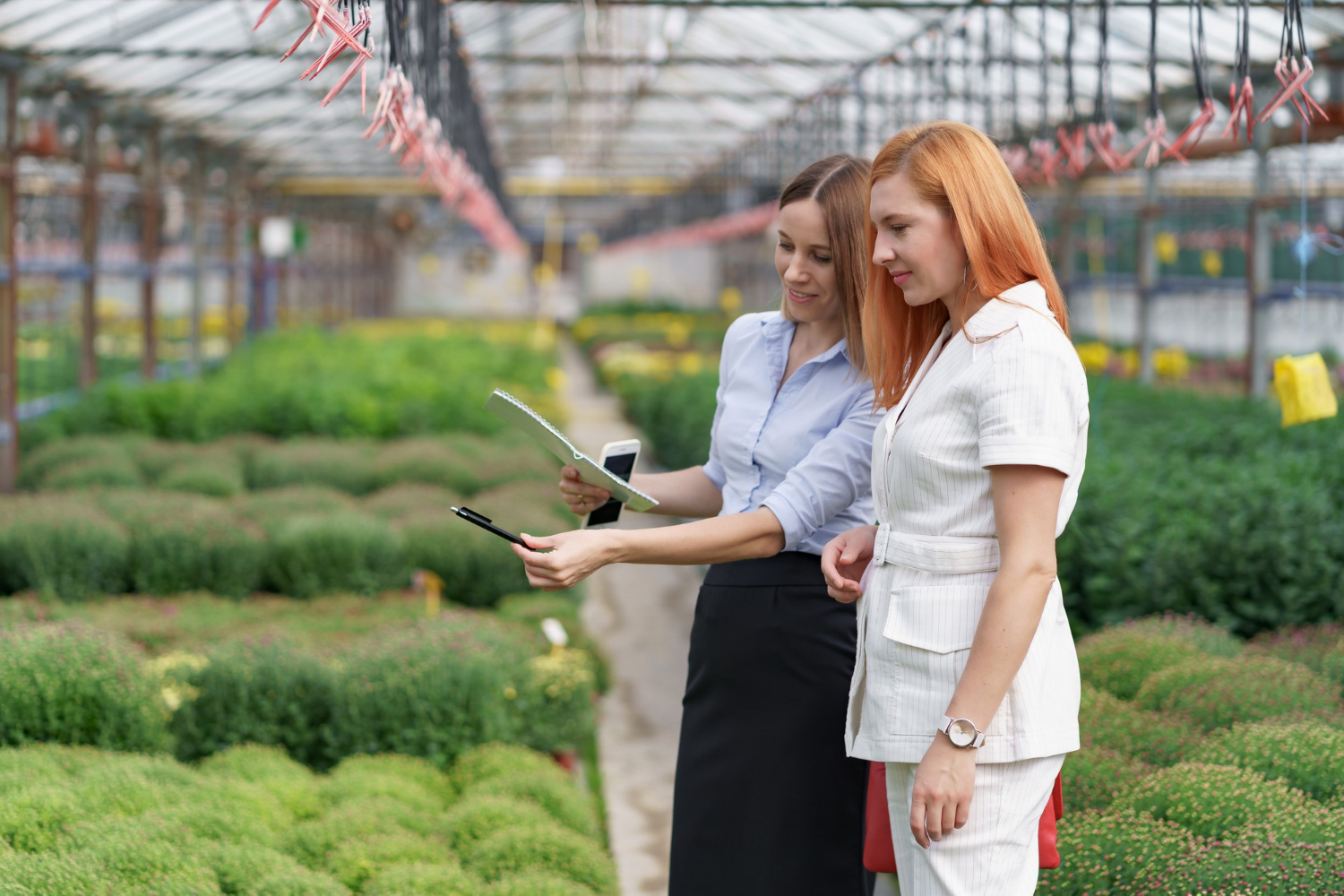The Agricultural Sector Post-Pandemic: Challenges and Opportunities for the Future
As the world emerges from the shadows of the COVID-19 pandemic, the agricultural sector stands at a crucial juncture. The pandemic has brought unprecedented challenges but also unique opportunities for transformation and growth. In this blog post, we will explore the key issues facing the agricultural sector and the potential pathways towards a more resilient and sustainable future.
Adapting to New Market Realities
The pandemic has dramatically altered consumer behavior and market dynamics. There has been a significant shift towards online shopping, local produce, and health-conscious food choices. Farmers and agribusinesses must adapt to these new preferences, leveraging e-commerce platforms and aligning production with emerging trends. Moreover, the disruption in global supply chains has highlighted the need for greater self-sufficiency and localized food systems.
Embracing Technological Innovation
Technology has proven to be a linchpin in addressing many challenges faced by the agricultural sector. From precision farming and drone technology to AI-driven crop management and blockchain for supply chain transparency, the adoption of these innovations can lead to increased efficiency, reduced waste, and better resource management. The post-pandemic era presents an opportune moment for stakeholders to invest in and embrace these technological advances.
Addressing Climate Change and Sustainability
The pandemic has underscored the importance of sustainable practices in safeguarding our future. Climate change remains a pressing concern, with its impact being acutely felt in agriculture. Farmers need to adopt more sustainable farming practices, such as regenerative agriculture, water-efficient systems, and renewable energy use. Policymakers and industry leaders must also support these initiatives through favorable policies and investments.
Ensuring Food Security and Equity
The crisis has exposed vulnerabilities in food security, particularly in underprivileged communities. Moving forward, it is imperative to develop strategies that ensure equitable access to food and address nutritional challenges. This involves not just increasing food production but also improving food distribution systems and reducing inequalities in the supply chain. Collaborative efforts between governments, NGOs, and the private sector are crucial in achieving these goals.
The post-pandemic world offers a unique opportunity to reshape the agricultural sector for a more sustainable and resilient future. While the challenges are significant, they are matched by the potential for innovation and growth. By embracing new market trends, technological advancements, sustainable practices, and equitable food systems, the agricultural sector can emerge stronger and more prepared for the challenges of tomorrow.


